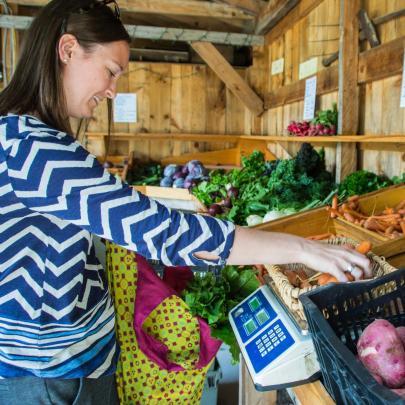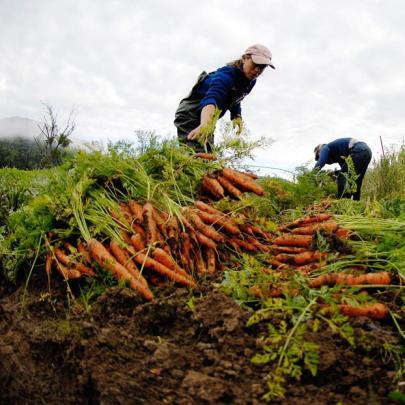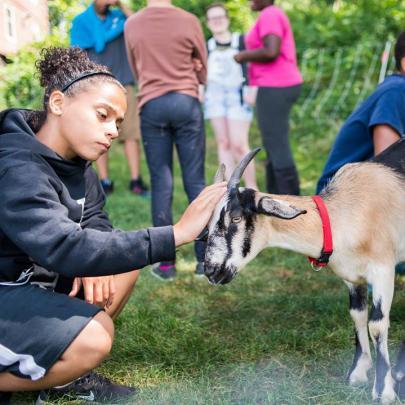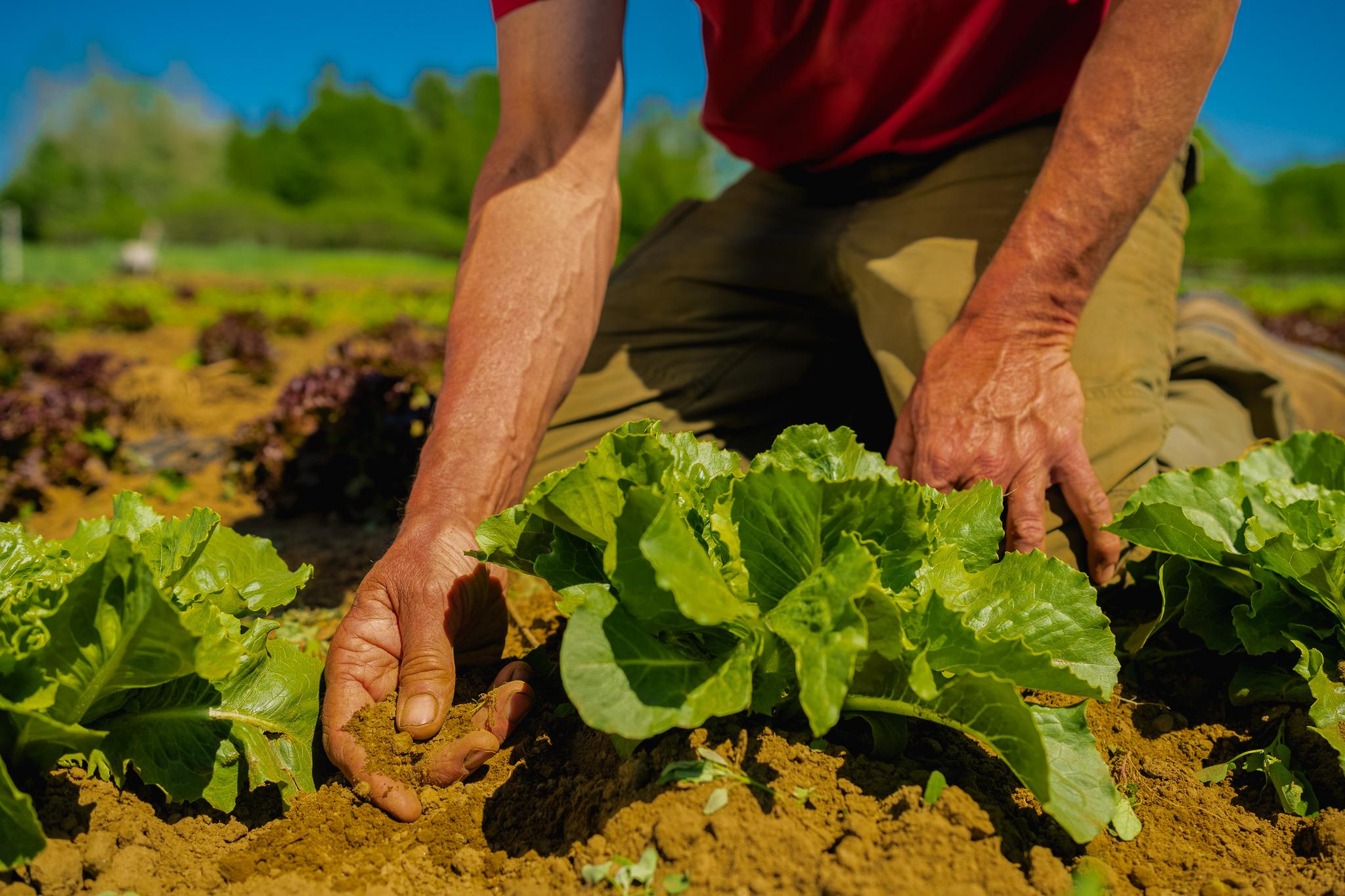Buying Organic = Climate Action
Organic farmers foster healthy soils, which are both a founding principle of organic production and key to fighting climate change.
In addition to prohibiting harmful pesticides, organic farmers practice crop rotation, cover cropping, adding green manures and compost, and other strategies to improve and maintain the physical, chemical, and biological condition of the soil.
Vermont organic agriculture...
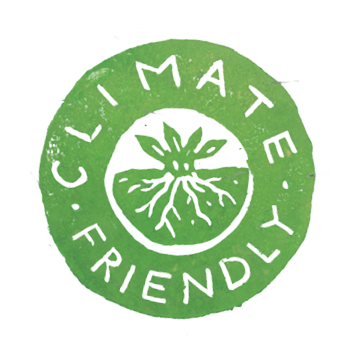 |
releases fewer greenhouse gasesOrganic farmers do not use synthetic nitrogen fertilizers, which are known to create emissions 310 times more harmful than carbon dioxide. As farms become certified organic, we see a reduction in these dangerous emissions. |
 |
protects natural resourcesDangerous herbicides or toxic pesticides are not allowed on organic farms, which preserve our waterways, the environment, and our health. Organic farms support biodiversity, protecting wildlife and pollinators. |
 |
is more resilient to extreme weather eventsOrganic farmers use practices that increase the organic matter in their soil. This improves the soil’s ability to hold water, which in turn improves the land’s resilience to flooding and drought. |
 |
stores carbonOrganic farming practices build healthy soils, which are better at keeping carbon out of the atmosphere, thereby reducing the impacts of climate change. |
 |
is good for communitiesWhen you buy your food from a Vermont organic farm, you are investing in local food security. Organic farms contribute to vibrant and strong communities. |

